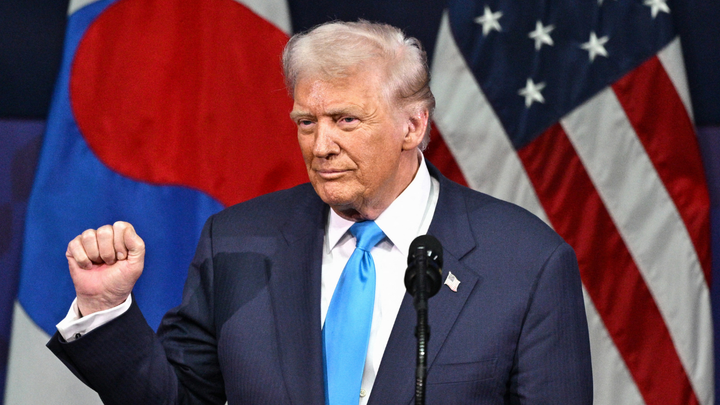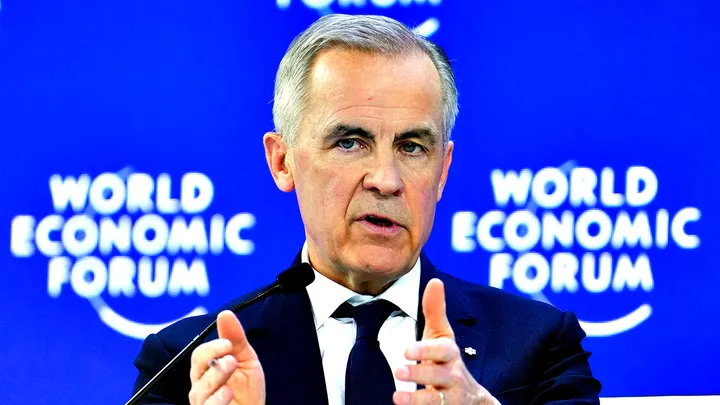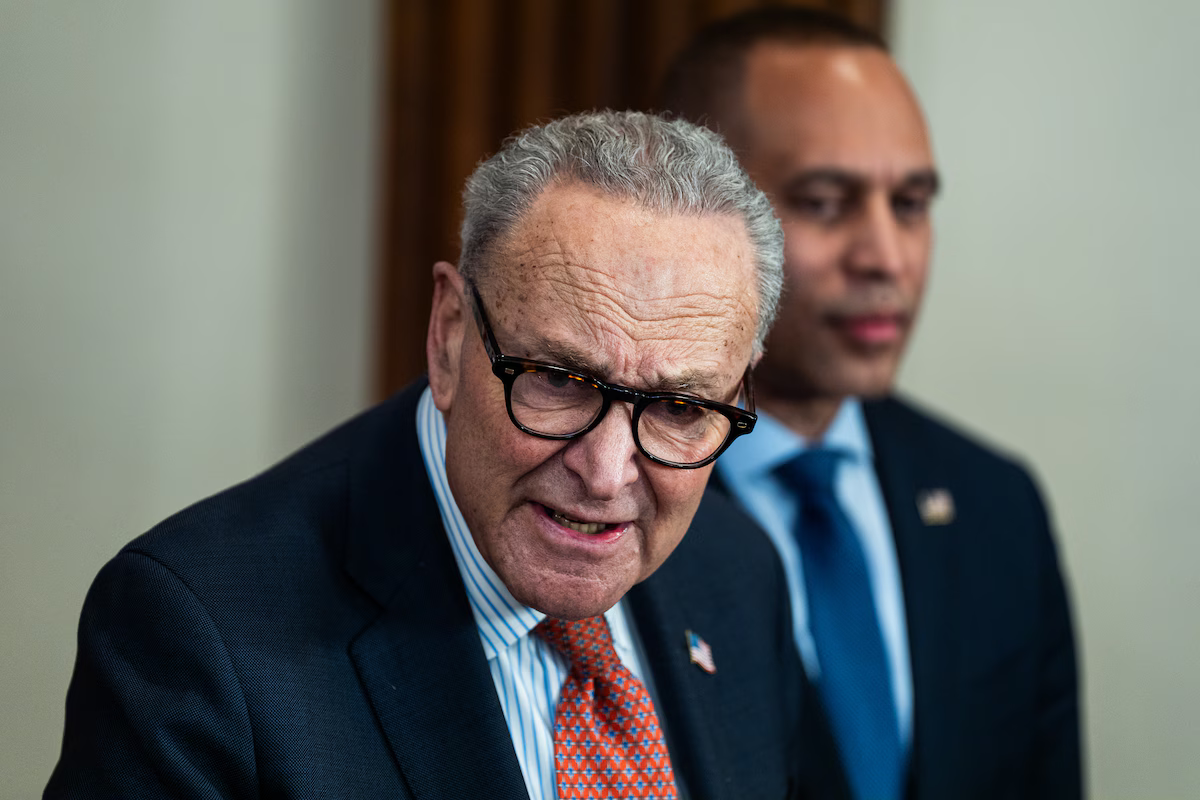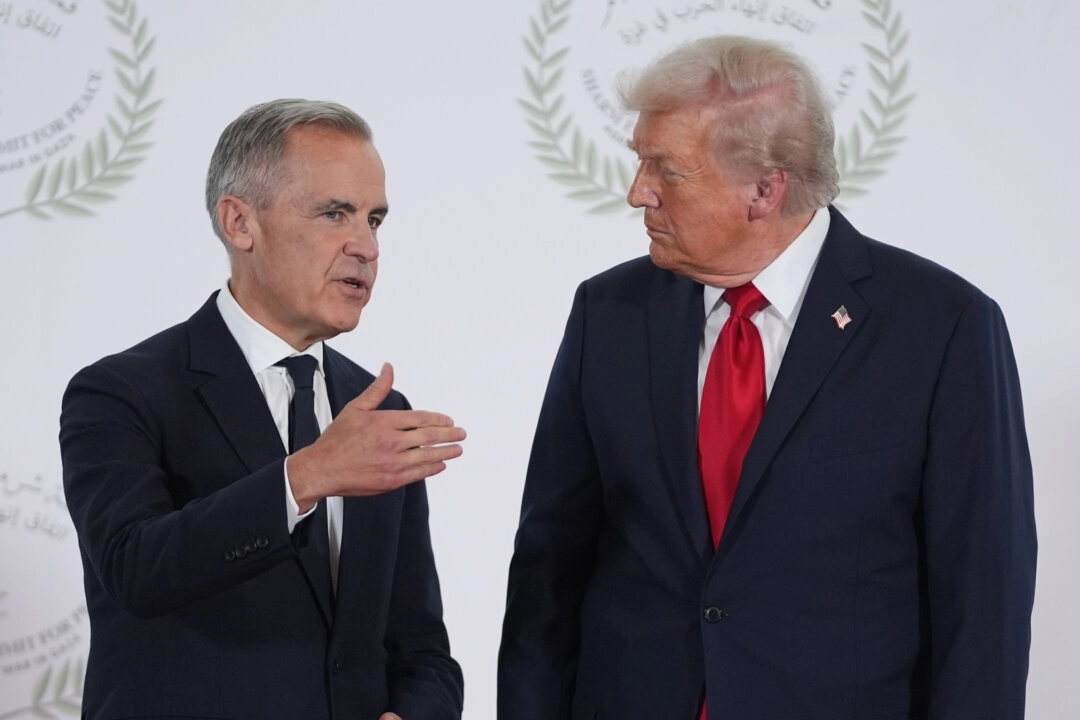Late on July 10th President Donald Trump warned on Truth Social that he will withhold endorsements from any Republican senator who votes against his $9.4 billion Department of Government Efficiency (DOGE) rescissions package. “Any Republican that votes to allow this monstrosity to continue broadcasting will not have my support or Endorsement,” he wrote, singling out the $1.1 billion slated for the Corporation for Public Broadcasting (CPB), which funds NPR and PBS. The threat lands just days before the Senate is expected to decide whether to take up the House-passed bill, setting up a loyalty test similar to the one Trump imposed during debate over the recently enacted “One Big Beautiful Bill.”
Senate Math and Key Holdouts
Republicans control the chamber 53-47 and can lose three votes before relying on Vice President J.D. Vance to break a 50-50 tie. Several GOP senators have already expressed misgivings. Appropriations Chair Susan Collins of Maine objects to an 8 percent reduction in the President’s Emergency Plan for AIDS Relief; Lisa Murkowski of Alaska defends CPB funding for rural radio; Mike Rounds of South Dakota worries about Native American stations that rely on federal grants. Rand Paul, Thom Tillis, and Jerry Moran have raised narrower concerns but have not said how they will vote. Senate leaders can amend the package, yet any change would send it back to the House and eat into the July 18th deadline, after which the rescission authority expires.
What the DOGE Package Does
The bill would claw back $8.3 billion from foreign-aid accounts—largely USAID, climate funds, and UN programs—and eliminate $1.1 billion in forward funding for CPB. Under the 1974 Impoundment Control Act a president may propose rescissions of previously appropriated money; if Congress agrees within forty-five legislative days, the funds are permanently canceled. Because the DOGE request was transmitted as a “special rescission,” the Senate can adopt it with a simple majority, bypassing a filibuster. House Republicans approved the plan 214-212 on June 18th, with four GOP defections. The last successful rescission package passed in 1999.
Trump’s budget chief Russell Vought calls the measure “a gut-check on whether Republicans are serious about spending discipline,” pointing to grants for LGBTQ advocacy abroad and what the administration labels “partisan public media.” The White House has hinted that additional rescission bundles will follow if the Senate delivers this one, and has floated using “pocket rescissions” at the end of the fiscal year should lawmakers balk.
Inside-Party Reactions
Conservatives such as John Kennedy of Louisiana frame the vote as a credibility test: “They either believe in reducing spending or they don’t.” Leaders, however, acknowledge the whip count is tight. During the July 9th GOP lunch, senators viewed competing presentations from Eric Schmitt, who is sponsoring the bill, and Collins, who wants changes. Members floated possible carve-outs for rural broadcasting and global health; Majority Whip John Barrasso said negotiations will continue “until the voting starts next week.”
Trump’s ultimatum raises the cost of dissent. His endorsement remains potent in many Republican primaries, and two of the chief skeptics—Collins and Rounds—face reelection in 2026. Murkowski has shown she can win without MAGA backing, but strategists note Alaska’s ranked-choice system makes any loss of conservative enthusiasm risky. The threat also tests whether institutional Republicans will resist executive pressure over line-item cuts amounting to 0.2 percent of projected FY 2025 outlays.
Timeline and Outlook
Senate leaders aim to begin floor debate by July 16th so amended text, if any, can return to the House before the July 18th cutoff. If the measure passes unchanged, it heads directly to Trump’s desk. Failure would leave the White House two options: spend the money as Congress directed or attempt pocket rescissions, a maneuver certain to provoke litigation over the Impoundment Control Act. For now, Trump’s endorsement threat forces undecided Republicans to weigh constituent projects against electoral support from a popular president. Whether they fall in line will determine if the administration secures its first successful rescission—and whether public broadcasters and selected foreign-aid programs lose their funding heading into the 2026 budget cycle.














Discussion